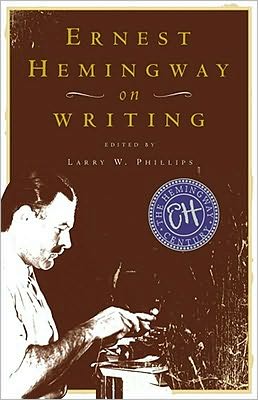All I Really Need to Know I Learned in Kindergarten
Robert L. Fulghum. All I Really Need to Know I Learned in Kindergarten. Ballantine Books, 2003 (1986, 1988) ISBN: 034546639-X, pp.1-3.
Taken from the excerpt at Amazon.com; book details are here.
Credo
Each spring, for many years, I have set myself the task of writing a personal statement of belief: a Credo. When I was younger, the statement ran for many pages, trying to cover every base, with no loose ends. It sounded like a Supreme Court brief, as if words could resolve all conflicts about the meaning of existence.
The Credo has grown shorter in recent years - sometimes cynical, sometimes comical, and sometimes bland - but I keep working at it. Recently I set out to get the statement of personal belief down to one page in simple terms, fully understanding the naïve idealism that implied.
The inspiration for brevity came to me at a gasoline station. I managed to fill my old car's tank with super deluxe high-octane go-juice. My old hoopy couldn't handle it and got the willies - kept sputtering out at intersections and belching going downhill. I understood. My mind and my spirit get like that from time to time. Too much high-content information, and I get the existential willies. I keep sputtering out at intersections where life choices must be made and I either know too much or not enough. The examined life is no picnic.
I realized then that I already know most of what's necessary to live a meaningful life - that it isn't all that complicated. I know it. And have known it for a long, long time. Living it - well that's another matter, yes? Here's my Credo:
All I really need to know about how to live and what to do and how to be I learned in kindergarten. Wisdom was not at the top of the graduate-school mountain, but there in the sandpile at Sunday School. These are the things I learned:
Share everything.
Play fair.
Don't hit people.
Put things back where you found them.
Clean up your own mess.
Don't take things that aren't yours.
Say you're sorry when you hurt somebody.
Wash your hands before you eat.
Flush.
Warm cookies and cold milk are good for you.
Live a balanced life - learn some and think some and draw and paint and sing and dance and play and work every day some.
Take a nap every afternoon.
When you go out into the world, watch out for traffic, hold hands, and stick together.
Wonder. Remember the little seed in the Styrofoam cup: The roots go down and the plant goes up and nobody really knows how or why, but we are all like that.
Goldfish and hamsters and white mice and even the little seed in the Styrofoam cup - they all die. So do we.
And then remember the Dick-and-Jane books and the first word you learned - the biggest word of all - LOOK.
Everything you need to know is in there somewhere. The Golden Rule and love and basic sanitation. Ecology and politics and equality and sane living.
Take any one of those items and extrapolate it into sophisticated adult terms and apply it to your family life or your work or your government or your world and it holds true and clear and firm. Think what a better world it would be if we all - the whole world - had cookies and milk about three o'clock every afternoon and then lay down with our blankies for a nap. Or if all governments had as a basic policy to always put things back where they found them and to clean up their own mess.
And it is still true, no matter how old you are - when you go out into the world, it is best to hold hands and stick together.
Copyright: Robert L. Fulghum

